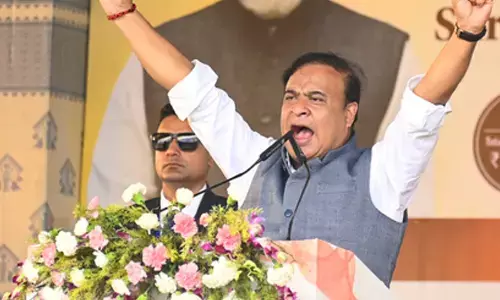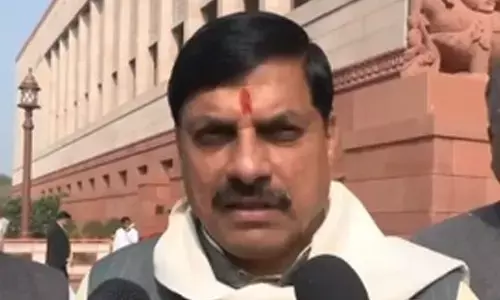No Need for New Bill. 93% are copy paste-Cong MP Derek O'Brien on replacing criminal laws
Share :
The three new bills seeking to replace the IPC, CrPC and the Indian Evidence Act are 93 percent copy-paste documents, TMC MP Derek O'Brien has said in a dissent note on a parliamentary panel report on the proposed legislations, and asserted modifying the existing laws would suffice rather than enacting new ones.
New Delhi: The three new bills seeking to replace the IPC, CrPC and the Indian Evidence Act are 93 percent copy-paste documents, TMC MP Derek O'Brien has said in a dissent note on a parliamentary panel report on the proposed legislations, and asserted modifying the existing laws would suffice rather than enacting new ones.
He also said the "rush" in adopting the report has left many crucial issues unaddressed. The Bharatiya Nyaya Sanhita, the Bharatiya Nagarik Suraksha Sanhita and the Bharatiya Sakshya Bills were sent to the Parliamentary Standing Committee on Home Affairs soon after being introduced in Lok Sabha. A report on the bills was adopted by the committee last week, even as Opposition members in the panel said it was being rushed. In his over 80-page dissent note, O'Brien said there was no requirement for new legislations, and modifying the existing laws would have been sufficient. He also said the procedure of consultation lacked inclusivity in stakeholder consultation, and demanded the bills should have an English name as well.
On the Bharatiya Nyay Sanhita Bill that seeks to replace the Indian Penal Code, his note mentioned the clause which criminalises false promises by a man to marry a woman, and called it an 'unwarranted intrusion' in the fundamental right to privacy. It also said that while the term 'sedition' has been included in the proposed law, it has been only "paraphrased and retained", and Clause 150 of the new bill gives sedition a "sinister backfoot entry". On the Bhartiya Nagarik Suraksha Samhita bill, which seeks to replace the Code of Criminal Procedure, the TMC MP raised objection to the clause which includes summoning 'digital evidence', and covers devices like mobile phones and laptops.
He said it raises questions on the Right to Privacy as well as collection of such devices may go against the Right Against Self-Incrimination. He has also raised concern over clauses that expands the powers granted to the police while taking preventive action. They say a police officer may "detain or remove any person resisting, refusing, ignoring, or disregarding to conform to any direction" by a police officer. He also raised objection to the new legislation extending police/judicial custody from 15 to 90 days.
Opposition leaders have called it an attempt to harass political opponents.On the death penalty, O'Brien has pointed out that over 74 percent of the individuals on death row in India come from economically disadvantaged backgrounds, 23 percent have never attended school, and 76 percent belong to backward classes or minority groups, and stressed on the need to engage in a discussion on abolishing the provision of death penalty. A parliamentary committee on home affairs on November 6 adopted three reports on bills to replace the existing criminal laws with some opposition members submitting dissent notes. The Parliamentary Committee on Home Affairs, chaired by BJP member Brij Lal, adopted the report nearly 10 days after members had sought additional time to study the draft reports circulated late last month













